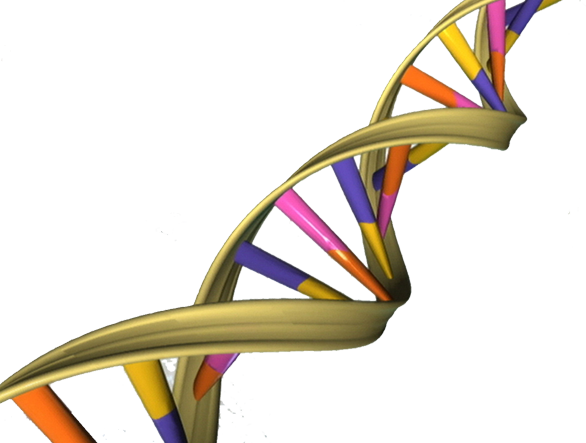Open science is the idea that scientific knowledge of all kinds should be openly shared as early as is practical in the discovery process.This definition is based on "sharing" - what's mine is yours, right? While it sounds great, I don't know if it can work. The concept is flawed at best. In the competitive society and economy in which we live, there are many things that just can't be shared. I doubt, for example, that we would expect any company to share R&D information with its rivals; Coke wouldn't share a new formula with Pepsi, and Apple would definitely not share a new idea with anyone. What selfish people, right? I suppose they have the right to be selfish.
But science should be different, many people argue. And in spite of my lack of knowledge on the subject, I think I agree; however, people are competitive. I was reminded of that today as I watched a movie called "The Race For The Double Helix," which is about Watson and Crick's discovery of the structure of DNA. At first glance, it was great open science - they used, after all, information that had been collected by researchers in several laboratories, including that of Rosalind Franklin.
But was it really open science?
It seemed to me to be competitive, secretive, selfish science. Of course, it was a movie, and I'll need to find time to inform myself a bit better on the actual events. But it was no doubt a race. The film paints a stark contrast between Watson & Crick and Rosalind Franklin.
- Watson & Crick - They wanted to make history. They talked a lot about winning the Nobel Prize. There was another scientist also working on a DNA structure model, and their goal was to beat him to it. In a world where everyone "shares," they would have collaborated. But they didn't! They fought it out!
- Rosalind Franklin - She didn't understand why the other scientists saw the race for the double helix as just that, a race or some kind of game. She was a champion of open science, believing that all scientists "should stand on each other's shoulders."
Francis Crick's character at one point says, "Problems don't belong to people." I would agree, especially when it involves making peoples' lives better. But if people in other fields have the right to keep their findings secret, do scientists have that same right?

No comments:
Post a Comment